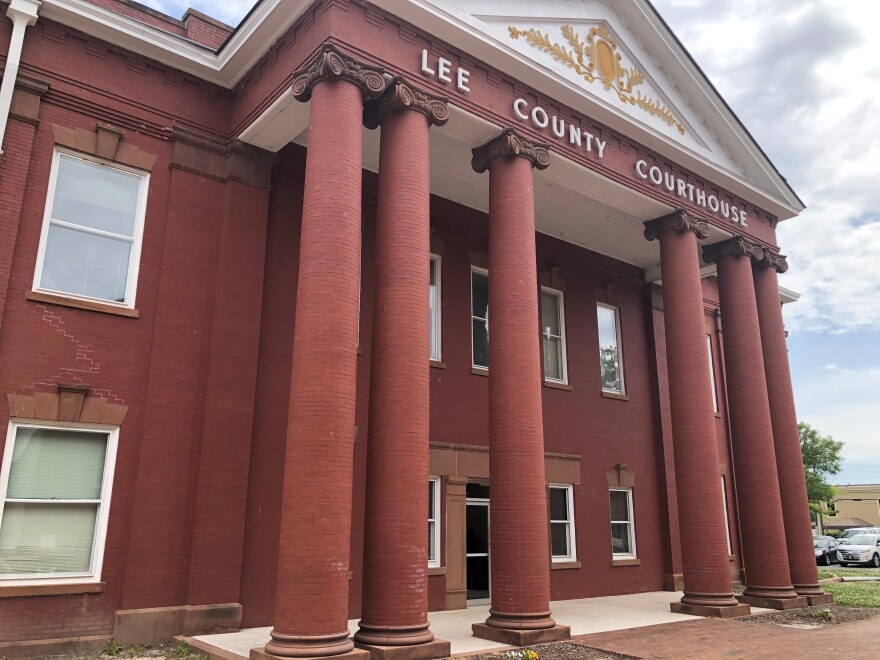Nearly half of North Carolina's population will now have access to a new court case management system even as the rollout has been criticized by members of the legal community.
The system, known as eCourts, went live Monday in Durham, Guilford and eight other counties across central North Carolina.
Developed by Tyler Technologies, eCourts is a digital, cloud-based system that integrates court records from arrest warrants and traffic citations to child custody disputes and domestic violence cases. The overhaul is meant to replace North Carolina's outdated 1980s era mainframe and paper-based filing system.
Tyler won a contract of around $100 million to develop and implement the eCourts suite of products and to train and assist court officials and personnel in their use.
New system tarnished by complaints from the start
But ever since eCourts went live in four pilot counties last year, the system has been beset by complaints from attorneys and other court personnel.
"There's many more steps than there used to be," attorney Chas Post said during an interview with WUNC last May in his law office just across the street from the Lee County Courthouse.
Post practices law throughout central North Carolina, including Lee County, where he handles traffic offenses, DWIs, and all variety of criminal matters.
Lee, Harnett, Johnston and Wake were the first North Carolina counties to go live with the state's new digital, cloud-based system back in February of last year.
"There's just as much paper if not more paper in the courtroom than there used be, and the workload for not only the District Attorney's office but the clerk's office has doubled," Post said.
State prosecutors' group wants to pause the rollout
In October, just before eCourts went online in Mecklenburg County, North Carolina DMV Commissioner, a prominent Democrat, urged AOC officials to delay implementation.
A class-action lawsuit filed in federal district court blames Tyler and eCourts for wrongful detentions in North Carolina.
Earlier this month, the North Carolina Conference of District Attorneys said persistent latency issues with eCourts warranted a pause in the rollout, even as the group praised AOC officials for doing all they can to address concerns about the new system.
An AOC spokesman pointed WUNC to a press release that quoted two county clerks of court who recently praised the eCourts rollout.
According to the AOC release, Johnston County Clerk of Superior Court Michelle Ball told the Joint Legislative Oversight Committee on Justice and Public Safety in a hearing this month: "I believe we have moved from an archaic system to a state-of-the-art system that is bringing North Carolina into the forefront of what is available to courts online in our country.” Ball made her statement at the same meeting at which the Conference of D.A.s asked for a pause in the rollout.
In February, The Raleigh News and Observer reported on a letter Guilford County Clerk of Court Lisa Johnson-Tonkins sent to AOC asking that today's go-live date be pushed back at least 30 days to address myriad concerns, including that her staff has not had enough time to be adequately trained in using eCourts.
In her letter, Johnson-Tonkins said the eCourts implementation has felt "extremely rushed."
Last May, AOC Director Ryan Boyce told WUNC software issues notwithstanding, the benefits of eCourts far outweigh the problems, especially when it comes to public access to court files.
Boyce likened the public interface for eCourts to Turbo Tax, posing simple questions to users to guide them to the right destination or step, and allowing people to deal with traffic tickets or file small claims actions electronically.







